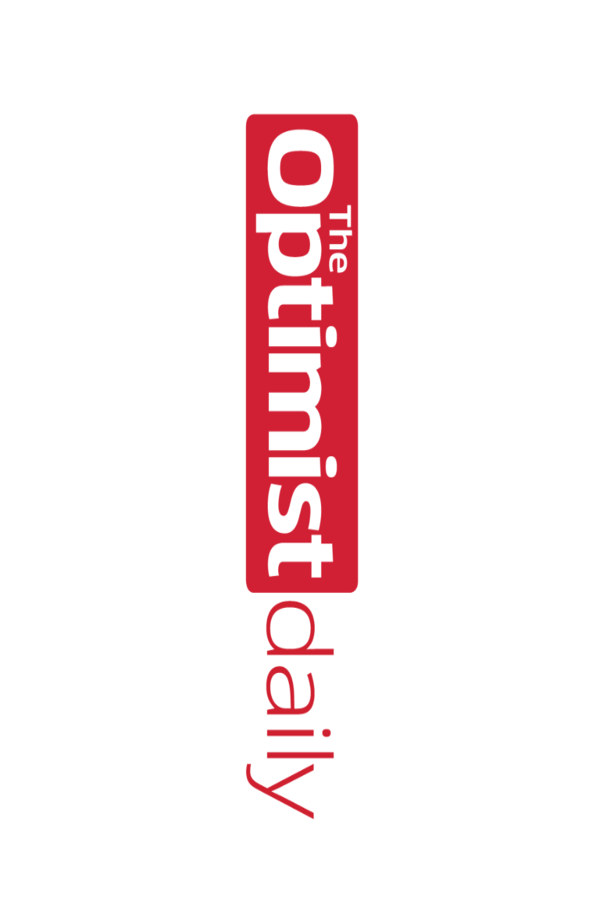From The Intelligent Optimist Magazine
Winter 2017
Every time I enter my health-club in California, I’m greeted by a sign: “Change begins within.” We all know the truth of this: non-violence has to start in imagination or vision or conscience. Peaceful action seldom arises from a scattered or troubled mind. And yet—we all feel this, too—our inner landscape sometimes seems more diminished or cut-up or overcast with every passing minute. We have more and more time-saving devices in our lives, it often seems, and less and less time. We can enjoy more and more contact with people on the far side of the planet–but in that very process we lose contact with ourselves.
The average American today spends eight and a half hours every day in front of a screen. The real world, therefore, has more power to unsettle us than ever before. And all of us sense our lives accelerating in a blur of texts and status upgrades and “breaking news” flashes and disruptions. The more we try to keep up with the moment, the farther we fall behind. Humans were never meant to live at a pace determined by machines—and the only way we could do so is by becoming machines ourselves.
Our machines are unlikely to go away or get slower—and few of us would want them to; technology has unequivocally made our lives healthier and brighter and fuller. But if we’re feeling dizzy now, it’s a safe bet we’ll feel a hundred times dizzier ten years from now. And the good news is that the source of our disequilibrium—and therefore our rebalancing—lies within. If we’re feeling overburdened and all-over-the-place, the problem lies not with our devices but with ourselves. Each of us has the power, at every moment, to make saner and more discerning use of our days and lives.
Almost all of you, I’m guessing, are already taking conscious measures simply to recall what is most important to you and to be true to what you love. The danger of an overcrowded schedule, after all, is the same as that of an overburdened desk; at a moment of crisis, you can’t lay your hands on what’s essential. So most of my friends maintain a yoga practice or go for a run every day, or cook quietly when they come back from the office: do something to step away from the whirlwind if only to make sense of it.
It’s been decades now since the Harvard-educated Chinese philosopher Lin Yutang pointed out that wise people are seldom too busy and busy people are seldom very wise. And busy people are even less obviously happy or kind. If you’re most happy racing from conference call to text message to CNN screen to Facebook, please continue, I tell certain friends; but my suspicion is that most of us don’t find our deepest fulfillment there. It’s no surprise that even those most interested in the external world, from J.P. Morgan to Steve Jobs, take plenty of time off just so they can come up with the inventions that transform our lives.
In my case, when I’m on the treadmill at the health-club, I try to turn off the TV—and suddenly my mind can think or not think, bounding like a dog off the leash. When I’m driving around town, much as I love listening to the radio, I’ll turn it off sometimes—and suddenly I enjoy a micro-vacation. When I’m waiting for my wife to come home, I used to “kill time” by idly scrolling through websites or checking my e-mails. Even turning on the TV, even though there’s never anything to watch on Japanese TV.
Then, one day, I decided to restore time instead, simply by turning off the lights and listening to some music. Quiet music initially, but then not so quiet music. I was amazed at how much fresher I felt when I heard her key in the door. How much better I slept, how much less jangled I was next morning. The last twenty minutes before we sleep each day, and the first twenty minutes after we wake up, seem disproportionately important.
One reason why making a space for collecting our resources is urgent is that life is going to make a house-call or two, however exalted or unexalted you may be. A doctor is going to come into the room wearing a grave expression. A car is going to drive towards you on the wrong side of the street. You’ll find yourself, as I did last year, in an I.C.U. with a loved one for thirty-five straight days. And when you do, you’ll see that all the time you’ve spent running around or checking your messages is not going to be of any help at all.
Jesus spent forty days and nights in the desert. The Buddha found his realization sitting still. Rabbis recall to us the beauty of the Sabbath and Moslems at the time of the Prophet meditated around Mecca. All they were saying is “Give inner peace a chance.”
Pico Iyer is the author, most recently, of The Art of Stillness, The Man Within My Head and a book-long meditation on the Dalai Lama, The Open Road.












